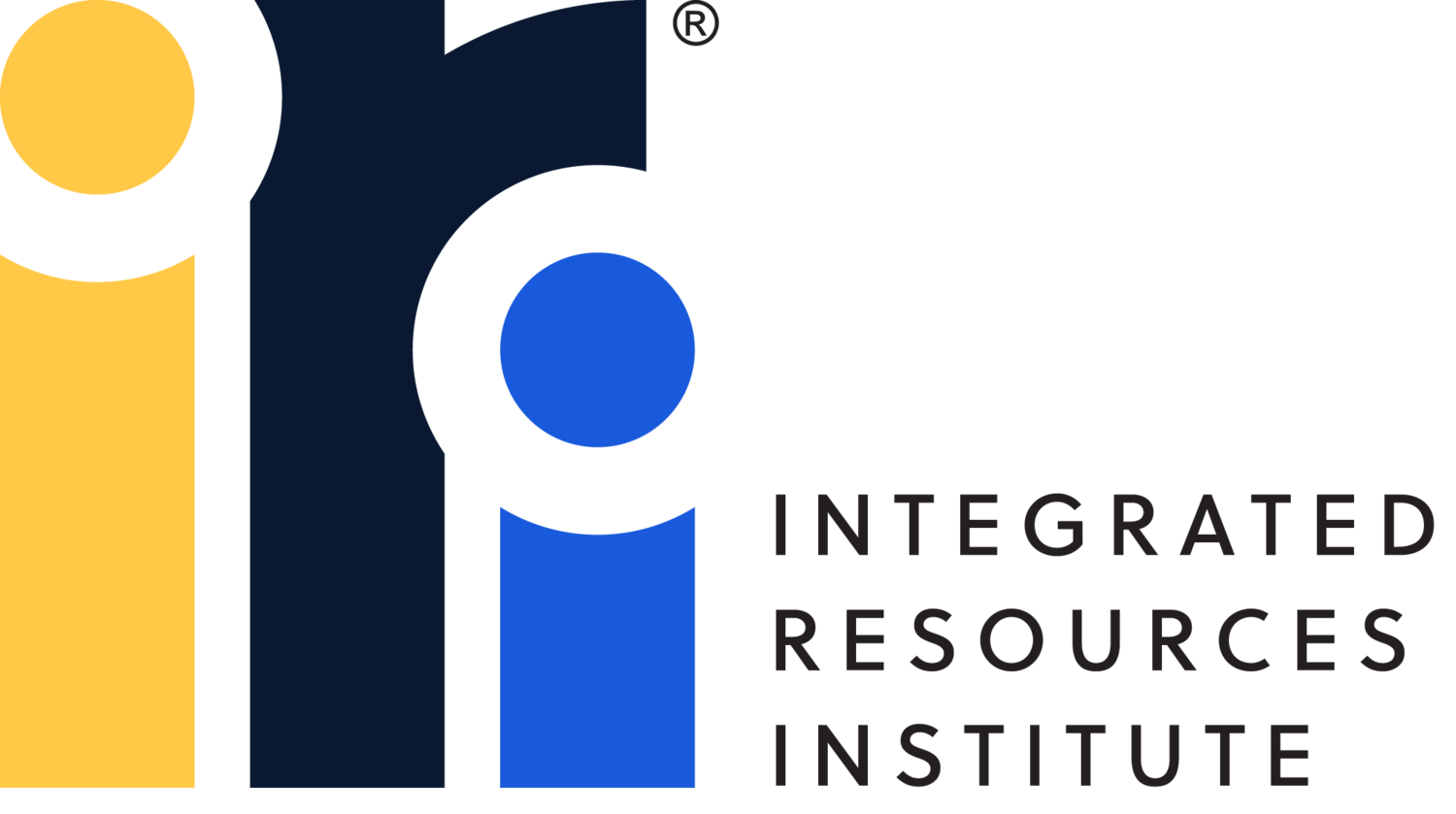A Statement on Diversity, Equity, and Inclusion
As more attention is placed on Diversity, Equity, and Inclusion (DEI) programs, many well-meaning people have raised genuine questions about DEI programs, their effectiveness, and whether these programs are worth the time and energy put into them. These are reasonable questions to ask of any program. As an organization dedicated to supporting people with disabilities, we have a responsibility to ask these same questions. Through countless hours working alongside people from all walks of life in collaboration with hundreds of businesses both large and small, national and local, we at IRI have come to know first-hand that DEI programs are smart, effective investments in the future of our communities. IRI believes wholeheartedly in the values behind DEI. Today, we want to take a moment to talk about why.
What is DEI?
Ask one hundred people to define DEI, and you will get one hundred answers. Most people have only heard the term in passing, whether online, in the news, or through a DEI statement at their workplace. With so many voices coming from so many different directions, it can make DEI feel complicated or out-of-reach. In truth, DEI has a straightforward meaning:
Diversity, Equity, and Inclusion refers to efforts aimed at ensuring fair and universal access to jobs, benefits, and the pursuit of happiness for all Americans.
The words in DEI describe this mission in more detail:
Diversity means that the American workforce should reflect the American people. It means taking steps to make sure that all Americans have a fair shot at achieving their goals no matter their race, sex, religion, disability status, or other immutable traits.
Equity means that all Americans should have the opportunity to pursue their happiness. It means to make sure that success comes from a person’s hard work and dedication rather than wealth or connections.
Inclusion means that all Americans should be recognized for who they are. It means taking steps to make sure that respect comes from a person’s actions and accomplishments rather than conformity to the norm.
The Importance of DEI
Each of these values connects directly to the work we do and the people that we support. People with disabilities have endured a long history of negative, unfair treatment because of their disability. Even today, people with disabilities are not fairly represented in the American workforce. People with disabilities have to fight for the opportunity to pursue their happiness. People with disabilities struggle to be recognized for their achievements outside of their disability. DEI programs directly combat these injustices, and in doing so directly improve the lives of people with disabilities.
The benefits of DEI reach beyond people with disabilities. It also helps communities thrive. Companies which invest in DEI programs are significantly more profitable than those that do not. More profitable companies are able to expand and create more job opportunities. As more people in a community can find good work, more people in a community can start new businesses, achieve their goals, and invest back into the community. DEI programs have repeatedly proven to be smart, profitable investments for companies, workers, and communities.
To lose DEI programs would mean losing thousands in community investments. It would mean lower company profits, leading to fewer job opportunities for everyone. Worse, it would mean losing decades of progress in the fight for the rights and opportunities of people with disabilities.
For us at IRI, the benefits of DEI programs are undeniable. We have a responsibility to advocate for the interests of the people that we serve, and DEI programs serve that interest. We have seen first-hand the vast, positive effects that these programs can have.
Our experience tells us that DEI programs are effective. Our experience tells us that DEI programs are worth every bit of time and energy put into them. Our experience tells us that DEI programs are worth advocating for.
